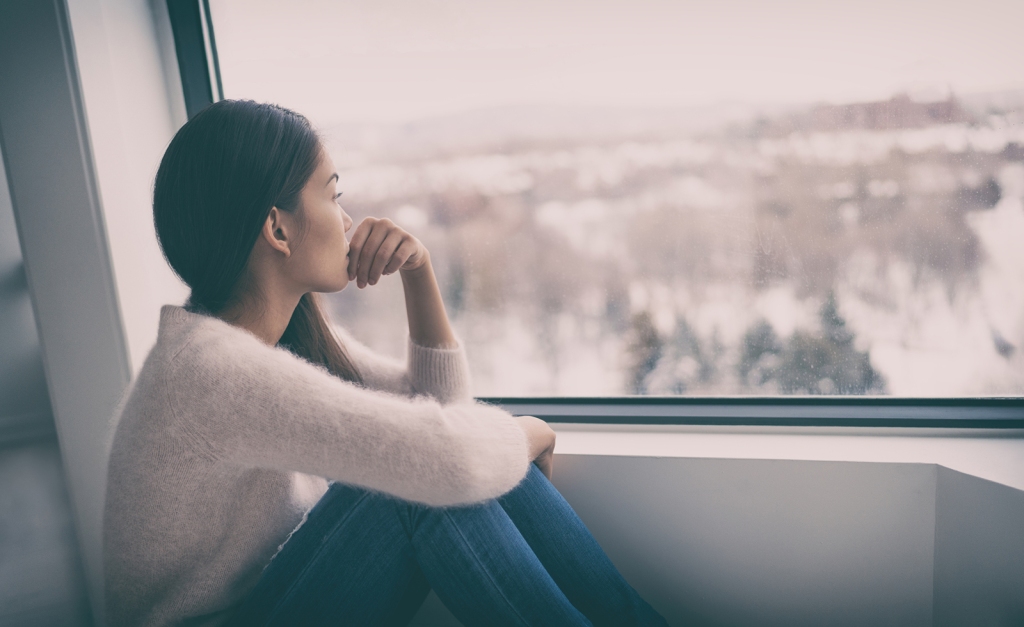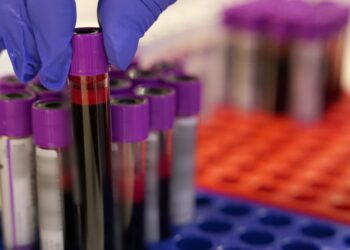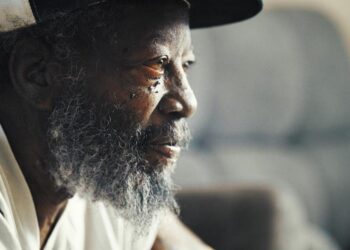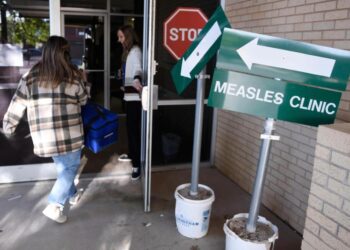Paloma Chavez | The Charlotte Observer
There is a growing epidemic the country needs to worry about, and it’s only going to get worse if we don’t take action, the U.S. surgeon general says.
Loneliness and isolation are on the rise in the U.S., and it’s quickly turning into a crisis — with roughly half of adults saying they’ve recently experienced loneliness, according to Surgeon General Dr. Vivek H. Murthy’s 2023 advisory.
“When I first took office as Surgeon General in 2014, I didn’t view loneliness as a public health concern,” he said in his advisory.
It wasn’t until he traveled across the country to hear Americans share their stories of feeling “isolated, invisible, and insignificant” that he realized “social disconnection was far more common than” he “had realized.”
The loneliness ‘crisis’
Though the COVID-19 pandemic brought out feelings of isolation and loneliness in many, they were already on the rise.
The two make up this national issue of disconnectedness, and though they are related, they do not mean quite the same thing. Social isolation is defined by having few relationships and lack of social interaction, whereas loneliness is an “internal state.”
A 2022 study cited by the advisory showed that only 39% of Americans felt like they were connected to others emotionally. The study showed that with this increase in lack of social connection to others, there was also an increase in loneliness.
The two factors are shown to be more “widespread than many of the other major health issues of our day, including smoking, diabetes, and obesity,” the advisory says.
An increase in technology use, lack of community involvement and decline in personal participation in social interaction can partially be behind the rise in loneliness throughout the country.
Why social connection matters
It’s simple. People who feel connected to others seem to live longer. Recent data spanning 148 studies has shown that individuals…
Read the full article here







